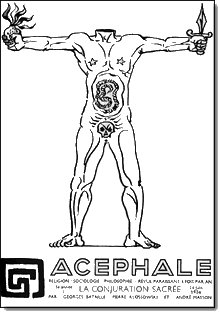
Date: November 6, 2025
Text: "The Application of Participatory Action-Research in Latin America" by Orlando Fals-Borda
Present: Member 1, Member 2, Member 5, Member 6, Member 7
Food: Aperó after UZH Democracy Lecture & Cake
Prior Activity: Lecture given by Kristian Skrede Gleditsch
Imagine, you are an expert on colours. You know all there is to know about colours. The wavelengths, the interactions, the gradient. Yet you are colourblind and can only see black and white. One day you wake up, to see that magically you can see colours. Did you learn something new?
While minutes were not taken, this a brief summary of some of the points made.
It is a 'double history' because it is written in two styles or languages which run simultaneously on opposite pages: one for the non-initiated reader, presented in literary form; and the other for cadres' training, presented in conceptual and theoretical terms, being a sociological interpretation of the literary text.
In this connection, people's power may be defined as the capacity of the grass-roots groups, which are exploited socially and economically,
It is obvious that these aims go beyond the academic traditions which have emphasised value neutrality and a positivist objectivity as prerequisites for 'serious science'.
The developmentalist discourse, as is well known (Foucault's thesis of the archaeology of knowledge can help us in this respect), involves dealing with the concepts of poverty, technology, capital, growth, values, and so forth, as defined from the standpoint of rich, developed countries (where in fact the concept of development was first proposed), a discourse organised into a coherent intellectual whole for the purpose of rationalising and defending the worldwide dominance of those rich and powerful societies.
initiated in the Third World - quite probably as an endogenous dialectical response to the actions of the developed world - postulates an organisation and structure of knowledge in such a way that the dominated, underdeveloped societies articulate their own socio-political position on the basis of their own values and capacities and act accordingly to achieve their liberation from the oppressive and exploitative forms of domination imposed by opulent (capitalist) foreign powers and local consular elites and thus create a more satisfactory life for everyone.
This combination of experience and commitment allows us to decide for whom such knowledge is intended: the base groups themselves.
-> Resolving tension between internal and external animators:
-> transformation of attitude in research
hus to participate means to break up voluntarily and through experience the asymmetrical relationship of submission and dependence implicit in the subject/object binomial. Such is its authentic essence.
To persist at every level and over the long term is therefore an integral ingredient of PAR, and of the endogenous lesson of the organisation of the popular bases.
-> From this Assembly there emerged the first sure indications that it would be possible to establish a regional political movement which would be set within an autochthonous cultural reality.
It is significant that in Colombia this process has led to the organisation of a movement rather than a political party as such, and that the procedure adopted has been from the bases upwards and from the periphery towards the centre, rather than the contrary, as has usually been the case with traditional parties, including those of the left.
It starts with the thesis that science is not a fetish with a life of its own or something which has an absolute value.
production which tends to give ideological support to injustice, oppression and the destructive forces which characterise the modern world
-> Begins with the question: Why is there poverty?